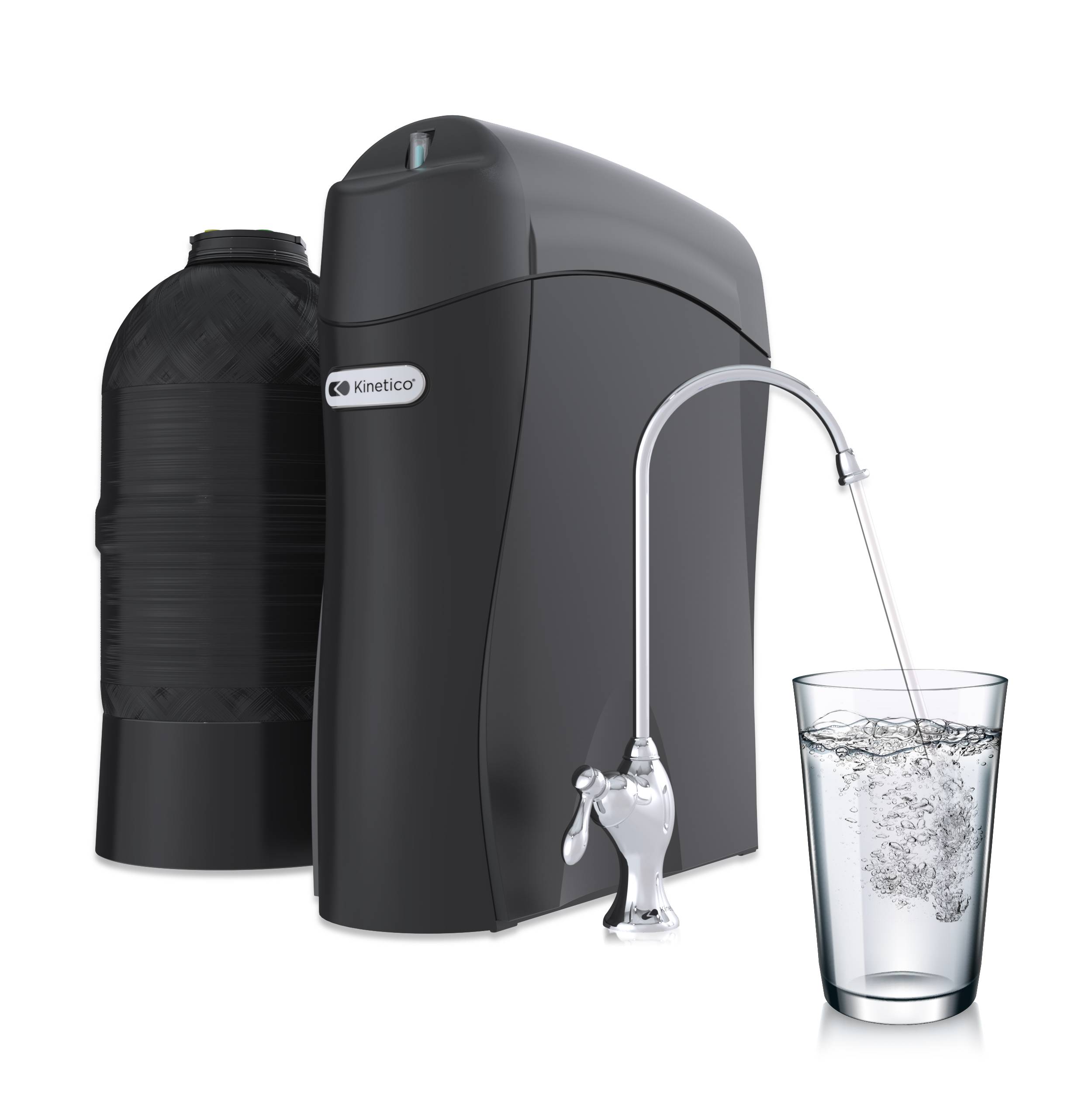Over the last 20 years, we have read predictions that the next great war will be fought over water and not riches, oil or geography. Some think water scarcity all over the world will bring on conflict between nations. In my blog entitled “Water Issues‘ Effect on Conflict and Civil Unrest” I discussed how water scarcity and changes have caused civil unrest and conflicts, but in a recent article published by both the Wall Street Journal and the New York Times, we read of water being the driving force behind an agreement between Israel, Jordan and Palestine. These nations are not known for their cooperation and peaceful relations; however, fresh water scarcity and changes brought on by attempts to address this scarcity have moved them to an agreement.
It turns out the water level of the Dead Sea, known and visited by tourists for its high salt content, has been dropping by more than 3 feet a year. This has primarily been caused by Jordan, Israel and Syria diverting the Jordan River, the Dead Sea’s main feeder, to meet increasing needs for irrigation and/or domestic use. This change in the Dead Sea coupled with increasing water scarcity in several areas of these countries, has brought about some unique solutions to these problems. A new desalination plant—using reverse osmosis technology—will be built in Aqaba, Jordan, taking its source from the Red Sea and the highly saline reject stream will be piped across Jordan to the Dead Sea to add back volume. Normally the reject stream produced by a desalination plant is an unwanted byproduct of the process, but in this case it may become part of a win-win solution. There are still some environmental concerns over the salt make up of the reject and how it will affect the differing salt content of the Dead Sea, but those issues will be monitored and reviewed.
This application reminds us that many of the technologies used in water treatment are really “separation” technologies—technologies that effectively separate something from water. Reverse Osmosis (RO) membranes are most commonly used to separate unwanted ions and/or contaminants from water. The water that passes through the membrane (permeate) is “pure,” and is generally the desired product of such a system. In some cases, however, it is the concentrated solution that has the value, not the permeate. An example of this is using membranes for the concentration and production of maple syrup. In the case of the desalination plant being built at Aqaba, both the permeate and concentrate are going to have value, making it unique.
I can’t help but think about how this, on a grand scale, is another example of man beginning to get involved in areas we long took for granted, to think about sustainability. In our homes, towns and cities, we will have to find uses for all of our “reject streams.” Maybe some of them can find end uses that benefit all of us rather than creating more problems. Certainly we can find a water more suitable than drinking water to flush our toilets, water our lawns, or wash or cars…right?



